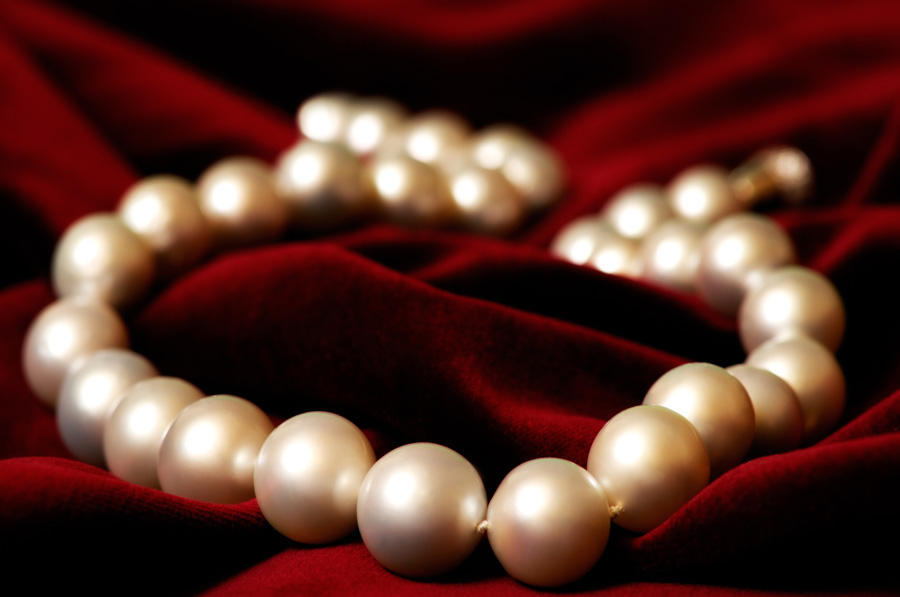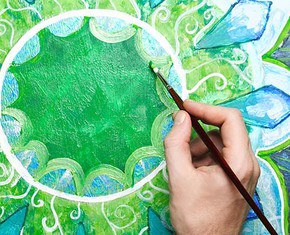The views expressed in our content reflect individual perspectives and do not represent the authoritative views of the Baha'i Faith.
Some godly attributes cannot be actively sought, except indirectly through goodly actions—but other spiritual qualities can be actively cultivated, even prayed for. One material and spiritual quality is “independence.”
Friday, in the Baha’i calendar, is named “Independence” (Istiqlal). Here is a Baha’i prayer for independence:
O my God, my Lord and my Master! I have detached myself from my kindred and have sought through Thee to become independent of all that dwell on earth and ever ready to receive that which is praiseworthy in Thy sight. Bestow on me such good as will make me independent of aught else but Thee, and grant me an ampler share of Thy boundless favors. Verily, Thou art the Lord of grace abounding. – The Bab, Baha’i Prayers, p. 22.
Here’s another Baha’i prayer for independence:
O God, Who art the Author of all Manifestations, the Source of all Sources, the Fountainhead of all Revelations, and the Wellspring of all Lights! …
I beseech Thee so to enrich me as to dispense with all save Thee, and be made independent of anyone except Thyself. Rain down, then, upon me out of the clouds of Thy bounty that which shall profit me in every world of Thy worlds. Assist me, then, through Thy strengthening grace, so to serve Thy Cause amidst Thy servants that I may show forth what will cause me to be remembered as long as Thine own kingdom endureth and Thy dominion will last. …
Thou, in truth, art the God of strength and power, Who art meet to answer them that pray Thee. There is no God save Thee, the All-Knowing, the All-Wise. – Baha’u’llah, Baha’i Prayers, pp. 173–174.
We commonly think of independence as self-reliance. In the Baha’i conception of it, though, independence means reliance on God, as the two prayers above illustrate.
The key to spiritual independence is detachment from materialism and the vanities of this world and all its fleeting attractions. The trappings of this world entrap.
This is not to mean that we should deprive ourselves of enjoying the good things of life, as the Bab explains:
How great the number of people who deck themselves with robes of silk all their lives, while clad in the garb of fire, inasmuch as they have divested themselves of the raiment of divine guidance and righteousness; and how numerous are those who wear clothes made of cotton or coarse wool throughout their lives, and yet by reason of their being endowed with the vesture of divine guidance and righteousness, are truly attired with the raiment of Paradise and take delight in the good-pleasure of God. Indeed it would be better in the sight of God were ye to combine the two, adorning yourselves with the raiment of divine guidance and righteousness and wearing exquisite silk, if ye can afford to do so. If not, at least act ye not unrighteously, but rather observe piety and virtue. – The Bab, Selections from the Writings of the Bab, p. 149.
But enjoying the good things in life has to be done in a balanced way, as Baha’u’llah warns:
Consider a pearl which shineth by virtue of its inherent nature. If it be covered with silk, its lustre and beauty will be concealed. Likewise, man’s distinction lieth in the excellence of his conduct and in the pursuit of that which beseemeth his station, not in childish play and pastimes. Know that thy true adornment consisteth in the love of God and in thy detachment from all save Him, and not in the luxuries thou dost possess. Abandon them unto those who seek after them and turn unto God, He Who causeth the rivers to flow. – Baha’u’llah, The Summons of the Lord of Hosts, p. 62.
You’ve probably heard the expression: “like pearls set in velvet.” Applying this familiar phrase to the passage above, the intrinsic beauty of the pearl can be obscured by the fabric that surrounds it. Here, Baha’u’llah compares the spiritual person to a “pearl,” and material endowments to “silk.” The beauty and luster of the pearl can be diminished by the silk, if it draws attention away from, or even covers, the pearl itself.

A Baha’i strives to become both materially and spiritually independent. For example, let’s consider financial independence. For those fortunate enough to have been able to “burn the mortgage” and independently own their own homes, that can be a worthy milestone in the course of achieving financial independence. Probably, late in life, the time of retirement is the surest test of financial independence.
But achieving financial independence—or at least being self-sustaining by earning one’s livelihood—is not the primary goal in life, even though it is a necessary part of life. Enjoying the good things in life should be done with due regard for our duty to make this world a better place
For instance, only through independence can we truly reach out to help others, who are in such dire straits as poverty, ignorance, greed, depression, etc., to get back on their feet and lead productive and fulfilling lives, restoring their dignity in the process.
In other words, spiritual independence can assist others in becoming both materially and spiritually independent themselves.
Easy to say, hard to do. That’s why, unless one is wealthy and can become a philanthropist, the average person simply does not have much material surplus. Therefore, bettering the local world around us means doing what we can, foregoing some of the luxuries in life by prioritizing the needs of others, in whatever way we can make a difference.
It’s a lot easier to do this in groups than it is to do it individually.
Baha’is all over the world are organizing groups in their neighborhoods. These are called “study circles,” each of which involves spiritual training combined with a group service project.
True, improving one’s own neighborhood is easier to do in developing countries than in many developed countries, for the simple reason that, at least where I live (Pittsburgh, Pennsylvania), a good neighbor — sad to say — is one who “minds his or her own business.”
Baha’is often organize small-scale community service projects where they’re needed, and Baha’is can also connect with more organized efforts to make a difference citywide.
Every good thing to do may not be an easy thing to do—yet the effort eventually will pay off:
Indeed, independence of all things is as a door of guidance unto His faithful servants. Well is it with them that have severed themselves from the world and have arisen to serve His Cause. – Baha’u’llah, quoted in The Right of God, p. 21.
So try to make each Friday your own “Independence Day.”
You May Also Like
Comments

















Thanking you sincerely Christopher Buck